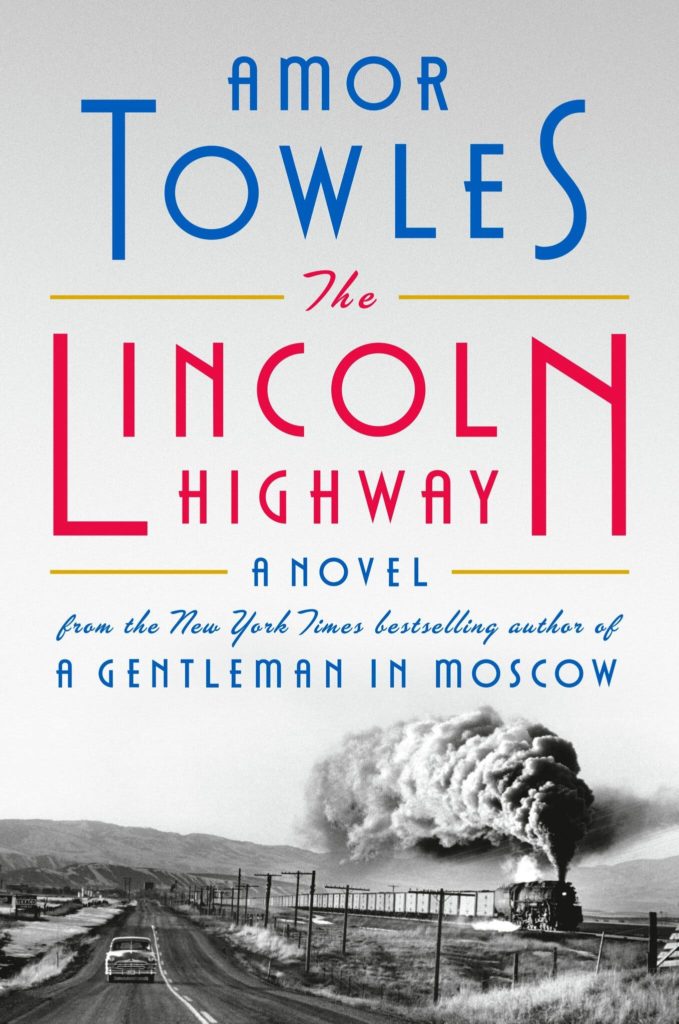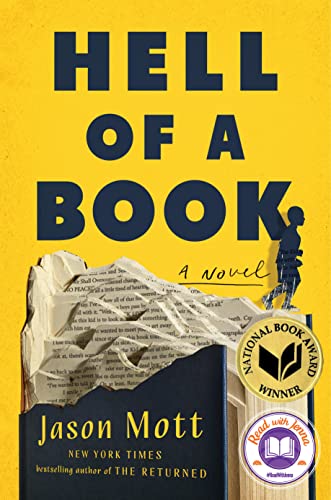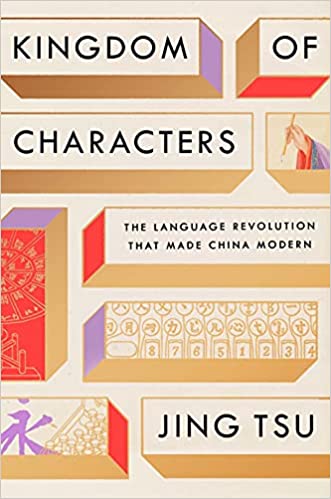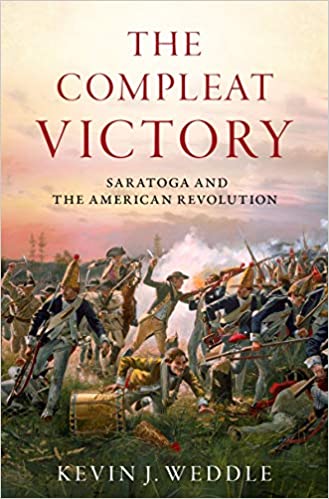-
-
-
![Michael Rosen]()
-
CIO Insights are written by Angeles' CIO Michael Rosen
Michael has more than 35 years experience as an institutional portfolio manager, investment strategist, trader and academic.
RSS: CIO Blog | All Media
Beach Reading
Published: 04-23-2022

The Lincoln Highway, Amor Towles
Emmett Watson is released from prison when his father dies to take care of his younger brother Billy. Greeting Emmett as he arrives home is the banker, there to foreclose on the farm. In cleaning out the house that night, the boys discover some postcards from their mother, who had left them shortly after Billy was born. The last postcard was from San Francisco, and the boys decide to drive there and find her. Their trip is interrupted when two friends from prison, Duchess and Woolly, appear and try to persuade Emmett to join them on their own adventure to New York, to claim a fortune that Woolly’s grandfather had hidden. On one level, this is just a fun adventure story, thoroughly enjoyable. It is also a wonderful character study, as the four boys are distinctively drawn: Emmett, the rational, practical good soul; Billy, the savant nine-year old; Woolly, a sweet, sad naïf whom his wealthy family has shunned; and Duchess, the avenging moralist at the heart of the story. With wit and wisdom from a cast of memorable characters, The Lincoln Highway is simply wonderful.

Hell of A Book, Jason Mott
Magical is the best description of this exceptional work, winner of last year’s National Book Award for fiction. The plot is clever: an author on a book tour, promoting his book, Hell of A Book, narrates his observations about society, life, love as he passes through each city. A parallel narrative is of a 10-year boy who is both real and imaginary: a real boy who was apparently shot and killed by the police and appears to visit with the author as he travels around the country. This may sound convoluted or disorienting, but it is woven together brilliantly. The author’s observations about race, anger, hopelessness, love, identity are profound. A truly magical work of art.

Kingdom of Characters, Jing Tsu
How can thousands, tens of thousands, of pictorial characters work with modern technology? China’s written script is not only vast, it is highly nuanced. The strokes of each character must occur in a specific order, and the intonation of identical characters can yield completely different meaning? Furthermore, there are dozens, even hundreds of dialects, with variations on pronunciation, intonation and even in the written form. Specifically, how did one dialect, Beijing Mandarin, become the universal language? How could Mandarin characters be used on a typewriter, and then translate to a keyboard, much less an iPhone? How could the dots and dashes of telegraphy incorporate Mandarin characters? Wouldn’t it have been better to adopt the Romanized alphabet? All these questions may seem esoteric or trivial, but the story of how the Chinese language was able to enter the modern world is addressed brilliantly by Jing Tsu, a Yale professor. She makes a persuasive case for language as the most important unifying aspect of a culture, and highlights the brilliant people who shepherded the Chinese language, and China, into the modern world. A fascinating and important history.

The Compleat Victory, Kevin Weddle
Most military histories of the American Revolutionary War focus, appropriately, on George Washington, as he was commander-in-chief of all Continental Armies. Armies, plural, because while the main American force was under Washington’s direct command, the Northern Army, under General Horacio Gates, fought a distinctly separate war. The British strategy in 1777 was for General William Howe to pursue Washington’s main army in the mid-Atlantic states while, simultaneously, General John Burgoyne attacked from Canada, splitting the New England rebels from the (assumed) more loyal colonies in the south. Weddle, a career Army officer and professor at the Army War College, describes in detail the series of battles that took place in and around Saratoga, NY in 1777 that resulted in, first, the devastating American loss of Fort Ticonderoga, and the remarkable turn of events over the subsequent few months that led to an American victory that sealed the fate of the war, even as it would be fought over the next few years. Weddle’s strengths are both in the tactical details of the campaign, the challenges, mistakes and brilliance of the generals and the field commanders on both sides (including the mercurial Benedict Arnold), and equally eloquent on the strategic picture that helped and hindered each side, as well as the critical importance of the American victory (primarily, by bringing France into the war). This will appeal mostly to those with an interest in military history, and as such, it is one of the best of the hundreds I have read.

The Aristocracy of Talent, Adrian Wooldridge
Plato argued for Athens to be governed by an enlightened aristocracy chosen by merit. Ancient China developed an extensive course of study and grueling exams to select the very best scholars to advise the emperor. Meritocracy appealed especially to the founders of the United States, eager to shed the advantages of birth and class so ingrained in Britain. Yet meritocracy has come under attack recently, from both the academic left and the populist right. The left argues that meritocracy cannot be objective when there are systemic biases in the system. The populist right decries the so-called expert class that has led the country astray, be it in war (Vietnam, Afghanistan) or public health. The author, an editor at The Economist, comes down firmly on the side of meritocracy, while acknowledging some of its criticisms. You don’t have to agree with his prescriptions (greater use of standardized tests, for example) to appreciate the balanced overview of this important sociopolitical topic.
Print this ArticleRelated Articles
-
![Truth and Consequences]() 3 Mar, 2019
3 Mar, 2019Truth and Consequences
Archaeological evidence suggests that, for thousands of years, the people who inhabited the Great Plains of North ...
-
![Spreads]() 18 Nov, 2014
18 Nov, 2014Spreads
An interesting graphic from Ken Leech of Western Asset showing that spreads in Bondland this year are pretty much ...
-
![Shock, Part 3 (The End of Pax Americana)]() 13 Dec, 2016
13 Dec, 2016Shock, Part 3 (The End of Pax Americana)
We are all trying to make sense of the election of Donald J. Trump to the presidency, and a few weeks ago I outlined the ...
-




